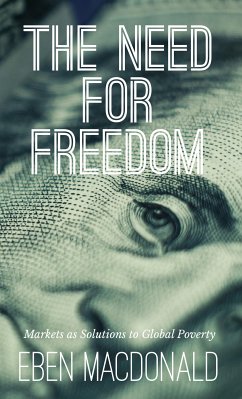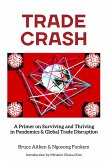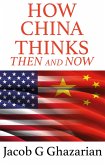Despite huge improvements in human living standards having taken place over the decades, extreme poverty still persists - and the Covid-19 pandemic hasn't helped. Research has found that economic growth is far and away the best reducer of poverty; naturally, the question should be asked, what set of policies is best suited to stimulate economic growth, and thus reduce poverty? The answer proposed in this book is simple: economic liberalism: the philosophy of free trade, secure property rights, business freedom, investment freedom, monetary stability, and limited state ownership of industries. Economic liberalism is yet to reach the world's poorest people and entrepreneurs; while citizens of the rich world enjoy the fruits which competitive marketplaces provide, the poor live under the regulatory clutches of intrusive bureaucracies. Case studies consistently demonstrate that liberalising markets is the best way to support economic growth. Public investment into supporting human infrastructure is definitely necessary as well. However, policymakers should focus especially on improving the efficiency of public services, which requires more than just increasing budgets. The link between foreign aid and economic development is empirically inconclusive.
Dieser Download kann aus rechtlichen Gründen nur mit Rechnungsadresse in A, B, BG, CY, CZ, D, DK, EW, E, FIN, F, GR, H, IRL, I, LT, L, LR, M, NL, PL, P, R, S, SLO, SK ausgeliefert werden.









